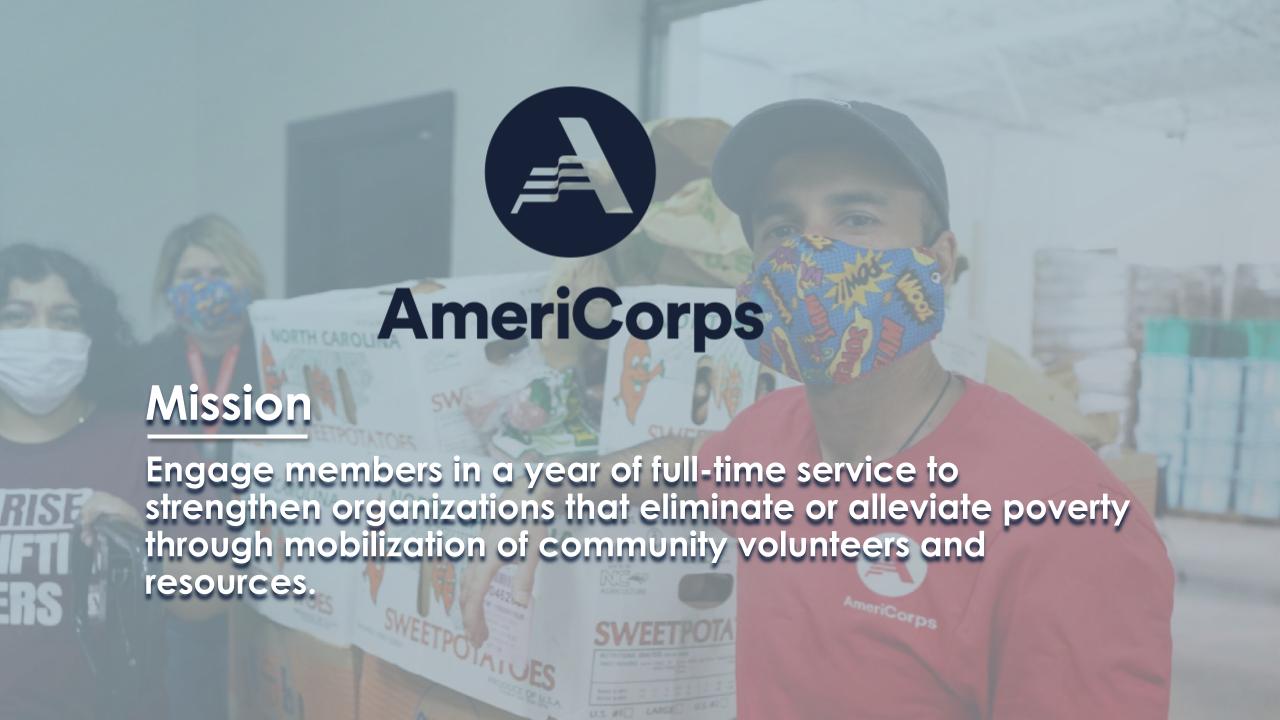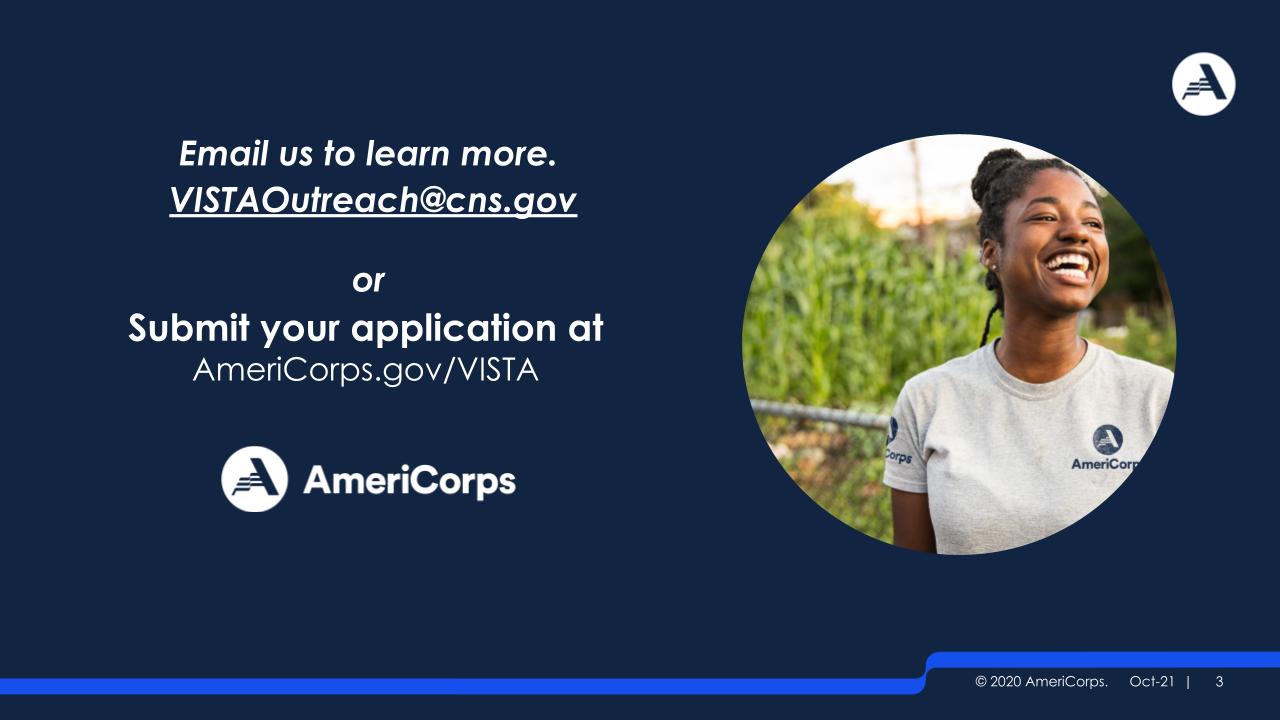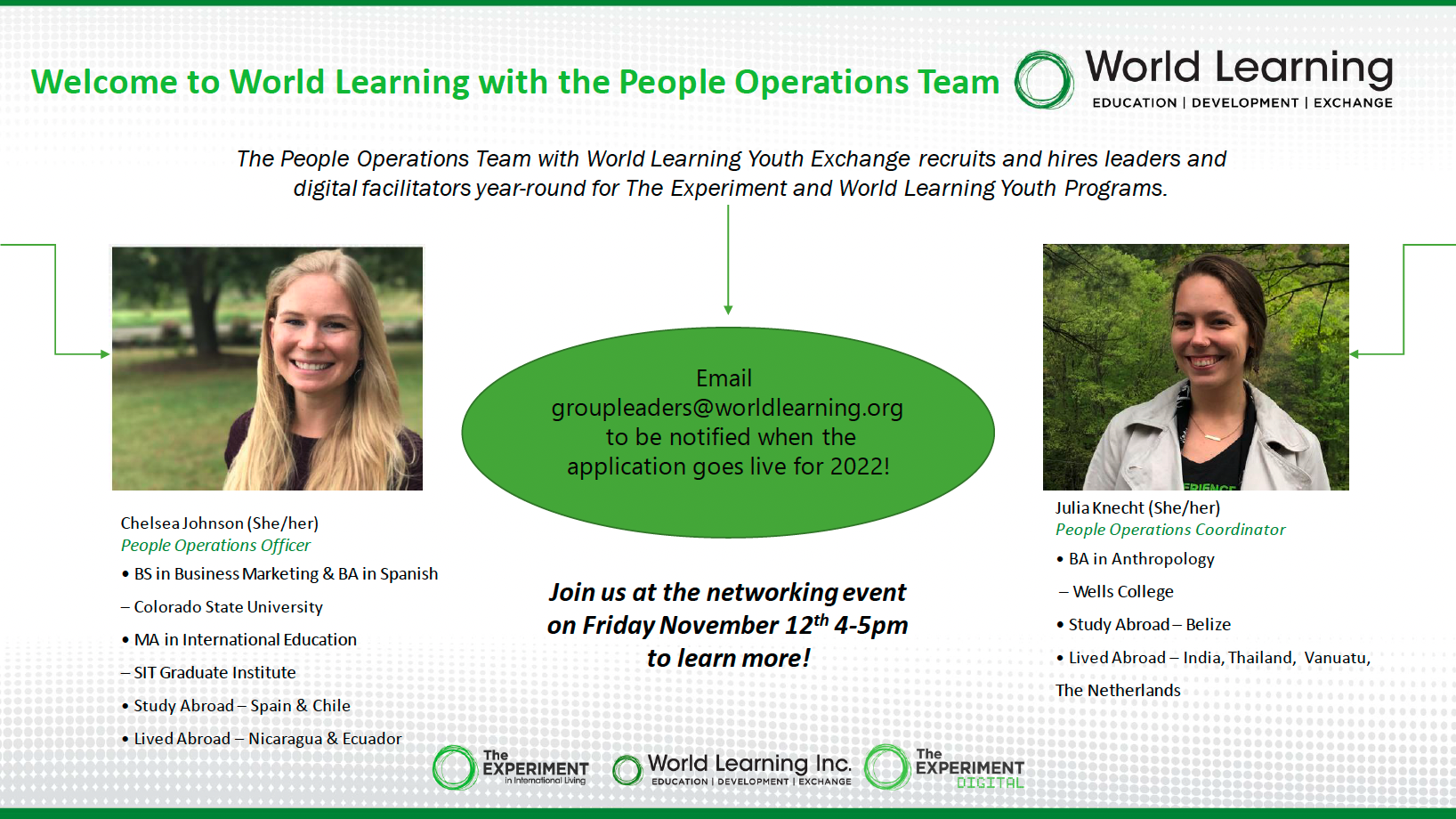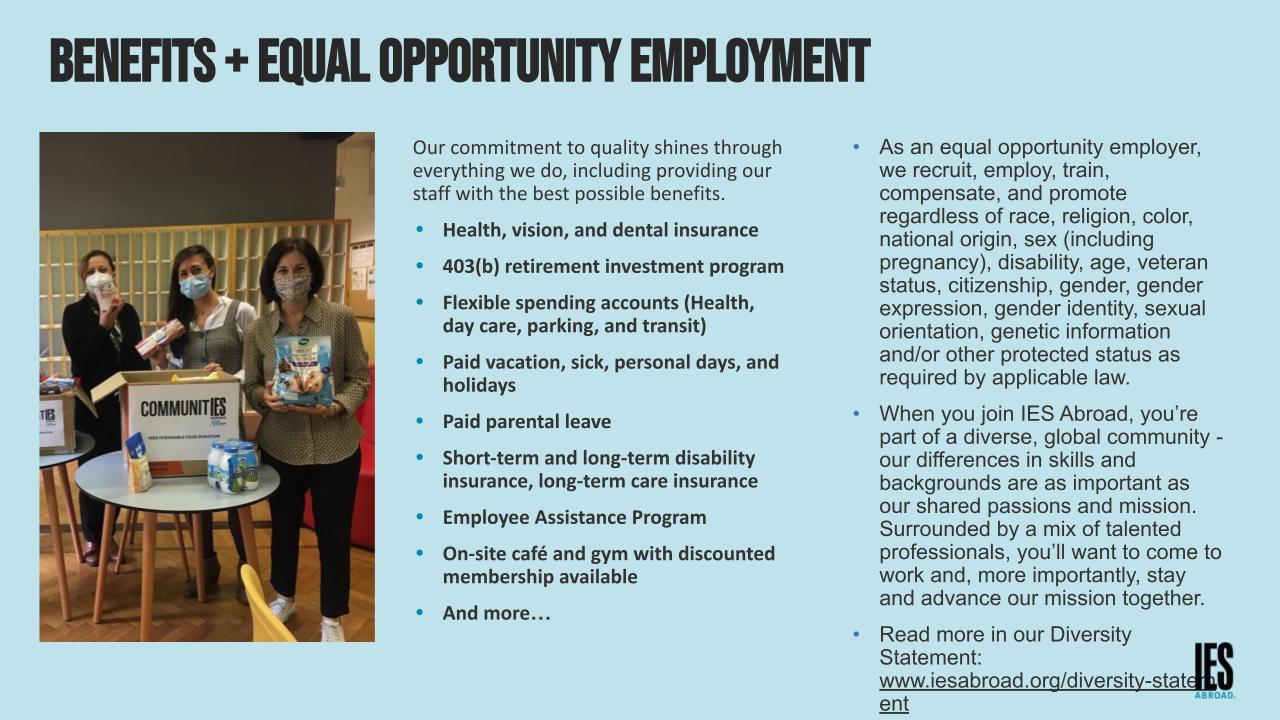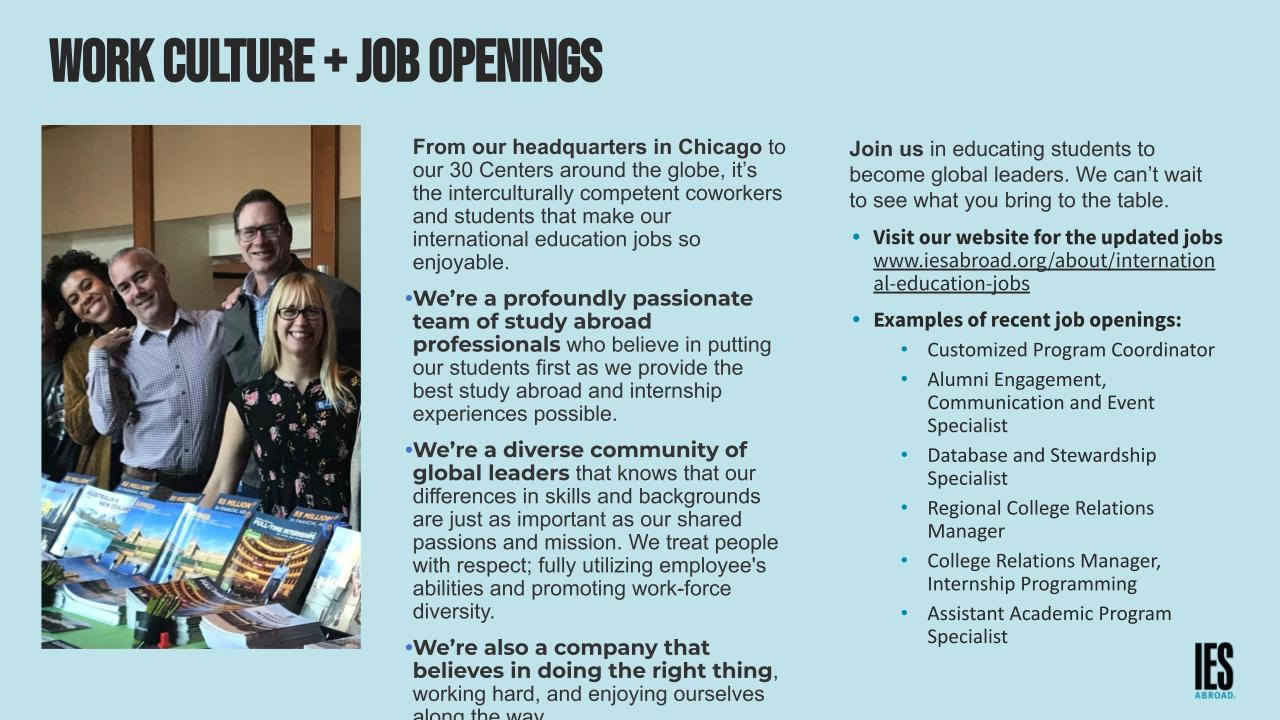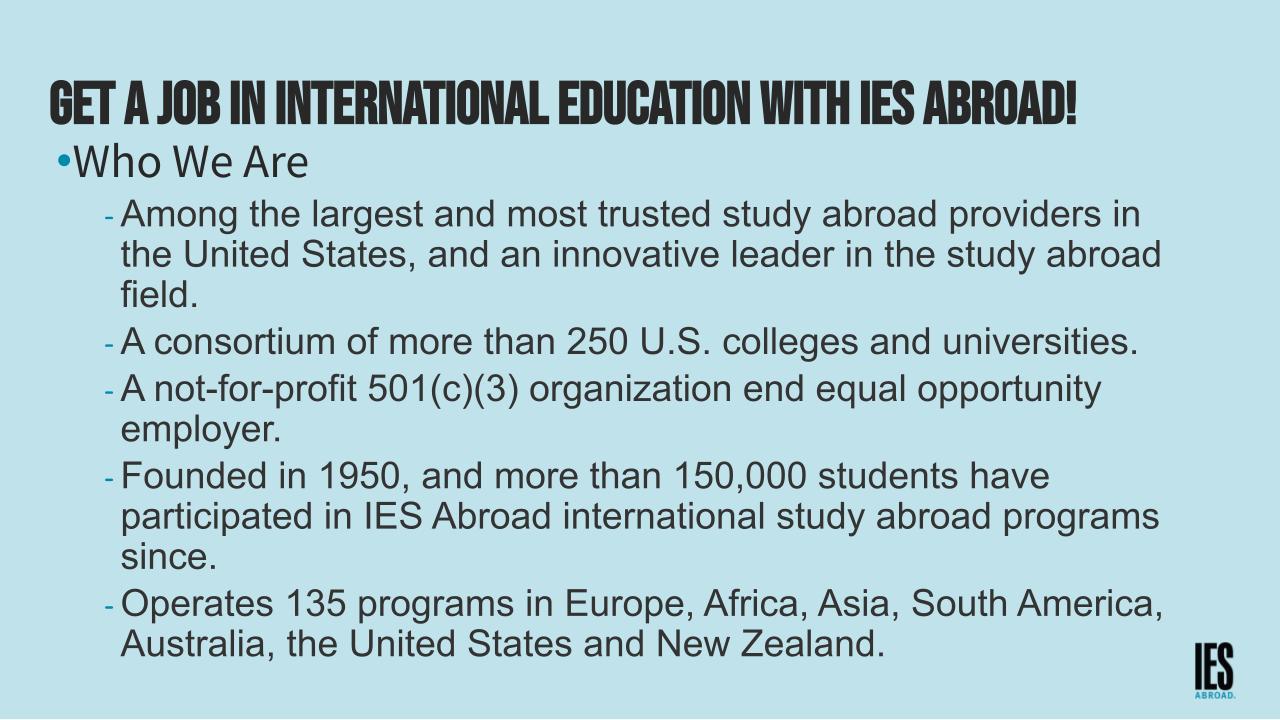Culturally-Responsive Advising to Leverage Student Strengths and Increase Their Success
We approach this deep dive on EA advising practice from Yosso’s (2005) Community Cultural Wealth (CCW) construct, which suggests that historically underrepresented students bring a rich range of unique strengths that can make them stronger university students. We then introduce deep dive attendees to Appreciative Advising and help them create a culturally-responsive approach to advising, which can allow them to forge stronger relationships with diverse students and empower them to achieve their international educational goals.
What We Wish You Knew: Insight from Individuals with Disabilities
Although the number of students with disabilities who study abroad has increased, the number with learning, sensory, and physical disabilities has decreased. How do we understand this? What practices can support students with disabilities to ensure access and successful engagement in the study abroad experience? Join us in a panel discussion with at least 3 study abroad participants who have varying disabilities, and learn from their perspective on navigating the study abroad experience.
Who’s On Top? Achieving Gender Parity in International Education Leadership
This session explores whether gender parity (the ratio of women to men) has been achieved within International Education’s senior leadership level. It includes a presentation of the results of 2017/18 related research, insights into the lived experiences of women senior leaders, including stories from women of color, and a discussion about the barriers and opportunities for women leaders to move up the leadership ladder.
Increase Your Numbers and Funding: Lessons from Gilman Top Producers
The Gilman Scholarship Program named their “Top Producers” for the first time at last year’s Diversity Abroad Annual Conference. Four of these Top Producing Institutions will present their successful strategies to promote inclusive study abroad. Institutional categories included Small, Medium, Large and Associate Colleges and Universities. Each has developed customized techniques to reach their own diverse populations to promote study abroad and the Gilman Scholarship – the largest undergraduate study abroad scholarship in the nation.
When it’s Not Like Going Home: Addressing Heritage Student Priorities
This session addresses the need for study abroad advisers and program administrators to pursue student-specific approaches to support and empower heritage students. The session brings together on-campus advisers and program provider perspectives on supporting heritage students in the pre-departure, on-site, and re-entry phases. Attendees will hear first-person accounts of heritage student experiences abroad, and will leave the session with a roadmap for engaging with and advising heritage students on campus and while they are abroad.
Building Alliances & Working Through Barriers: Creating Dynamic Campus Partnerships
A thriving international education program comes out of a dynamic network of campus allies and collaborative programming. Explore how to cultivate diversity, equity, & inclusion initiatives with various stakeholders and work through barriers from the perspective of varied institutions with distinct organizational programs. Examine how to develop mutually beneficial objectives with other offices and groups. The session will include a panel and interactive activities on engaging potential allies, creating programming, and strategies for navigating challenges.
Maximizing Student Learning Abroad: A Curriculum
This session will provide an overview of social justice concepts and how to implement those in the Education Abroad curriculum to enhance students’ experiences abroad. The purpose of the curriculum is to maximize students’ experiences abroad by promoting self-reflection and the development of empathy and understanding prior to departure.


